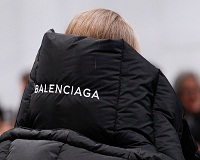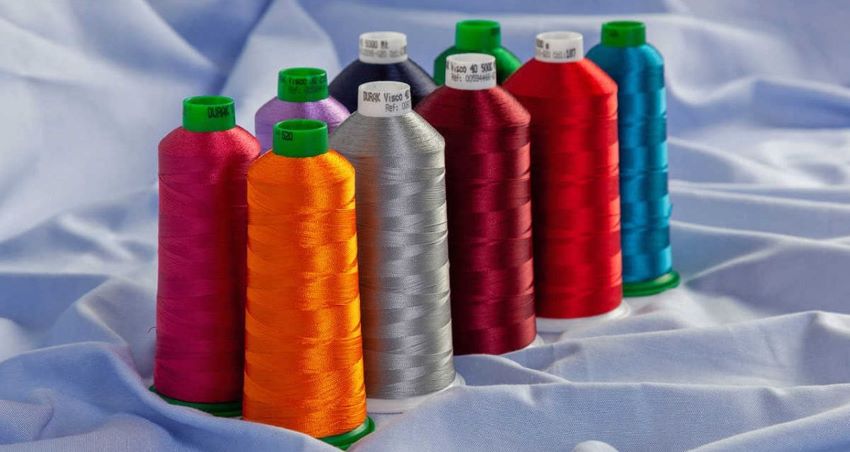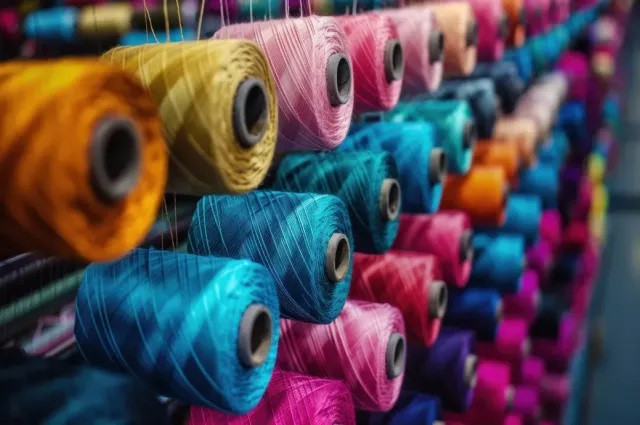"A survey by Bain & Company reveals, millennials, who make up one-third of China’s total consumers, were responsible for a growth in the Chinese market to 142 billion yuan in sales in 2017, about 20 per cent higher than the year before. Millennials are the generation born between in the early 1980s and early 2000s. In China, millennials comprise two distinct groups: those born after 1980 and those born after 1990. These millennials are referred to as the single most important demographic on the planet today by Goldman Sachs. Some luxe brands have caught the attention of millennial customers."
 A survey by Bain & Company reveals, millennials, who make up one-third of China’s total consumers, were responsible for a growth in the Chinese market to 142 billion yuan in sales in 2017, about 20 per cent higher than the year before. Millennials are the generation born between in the early 1980s and early 2000s. In China, millennials comprise two distinct groups: those born after 1980 and those born after 1990. These millennials are referred to as the single most important demographic on the planet today by Goldman Sachs. Some luxe brands have caught the attention of millennial customers.
A survey by Bain & Company reveals, millennials, who make up one-third of China’s total consumers, were responsible for a growth in the Chinese market to 142 billion yuan in sales in 2017, about 20 per cent higher than the year before. Millennials are the generation born between in the early 1980s and early 2000s. In China, millennials comprise two distinct groups: those born after 1980 and those born after 1990. These millennials are referred to as the single most important demographic on the planet today by Goldman Sachs. Some luxe brands have caught the attention of millennial customers.
An amalgamation of manufacturing expertise with business acumen
Alexandre Arnault , the youngest CEO in luxury fashion, has re-launched collaborations with artist Olafur Eliasson, Fendi, M/M and cult streetwear brands Supreme and Off-White, to make the century-old suitcase brand one of the most sought-after names among his peers.
In June, Arnault released a couple of transparent polycarbonate suitcases costing $1,000 in partnership with the streetwear sensation Off-White by Virgil Abloh.
In 2016, Bernard Arnault’s LVMH bought an 80 per cent stake in Rimowa for US$716 million and immediately appointed Arnault as co-CEO, alongside Dieter Morszeck, the grandson of the suitcase’s founder. Today, it’s extending its reach to become more than a travel companion by marrying the “made in Germany” concept with LVMH’s business acumen.
Arnault as co-CEO, alongside Dieter Morszeck, the grandson of the suitcase’s founder. Today, it’s extending its reach to become more than a travel companion by marrying the “made in Germany” concept with LVMH’s business acumen.
Men’s fashion drives Balenciaga’s growth
Balenciaga is another brand that has caught the eye of millennials. In the Lyst Index, Balenciaga raced ahead of Gucci for three quarters in a row to become the most popular fashion brand. According to Cédric Charbit, the brand’s CEO, Balenciaga is also the fastest-growing brand at its parent company, Kering. Last year, Balenciaga saw a growth of over 100 per cent in several categories, thanks to the millennials who account for 60 per cent of the consumer base of the iconic label.
Men’s fashion is also becoming a strength for the couture-turned-edgy brand. In 2016, Gvasalia brought the men’s line back to the house after 17 years. The brand is no longer the couture house that Cristóbal Balenciaga founded in 1919, nor the elegant brand imagined by former creative director Alexander Wang. They now offer flea-market vintage, cool hoodies, big logo prints and off-the-shoulder parkas.
Balenciaga products that have made the biggest impression are sneakers. Its sock-sneakers infiltrated the wardrobes of celebrities and fashionistas, especially the limited-edition, bright-red pair reinvented by Parisian retailer Colette. The stacked-sole Triple S, which costs US$850, is a global bestseller online and offline.
Millennials to continue dominating luxe market
Nowhere is Balenciaga’s influence more noticeable than among China’s millennials. In late April, an incident involving Chinese customers being mistreated as they were queuing for the new Balenciaga sneakers in a Paris department store went viral on Weibo. It led to a short boycott of Balenciaga, and prompted an apology from the brand.
Right now, the luxury industry is being universally disrupted by the young game changers, from the sellers to the shoppers. The young, affluent, savvy yet ephemeral millennials have taken the industry off guard. The Chinese cohort will continue to dominate the market as the nation’s economy booms and the balinghou and jiulinghou take over as the consuming class. Capturing the coterie is crucial for luxury companies. A distinctive brand identity with high-quality products is just an essential start; a cultural understanding of their needs and desires is the key for brands to win the battle in this hefty fashion reshuffle.












